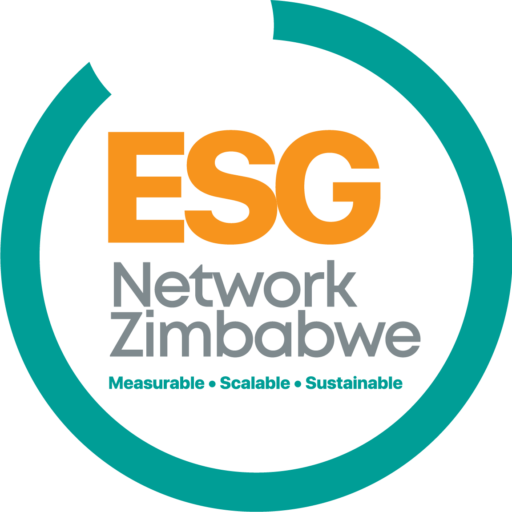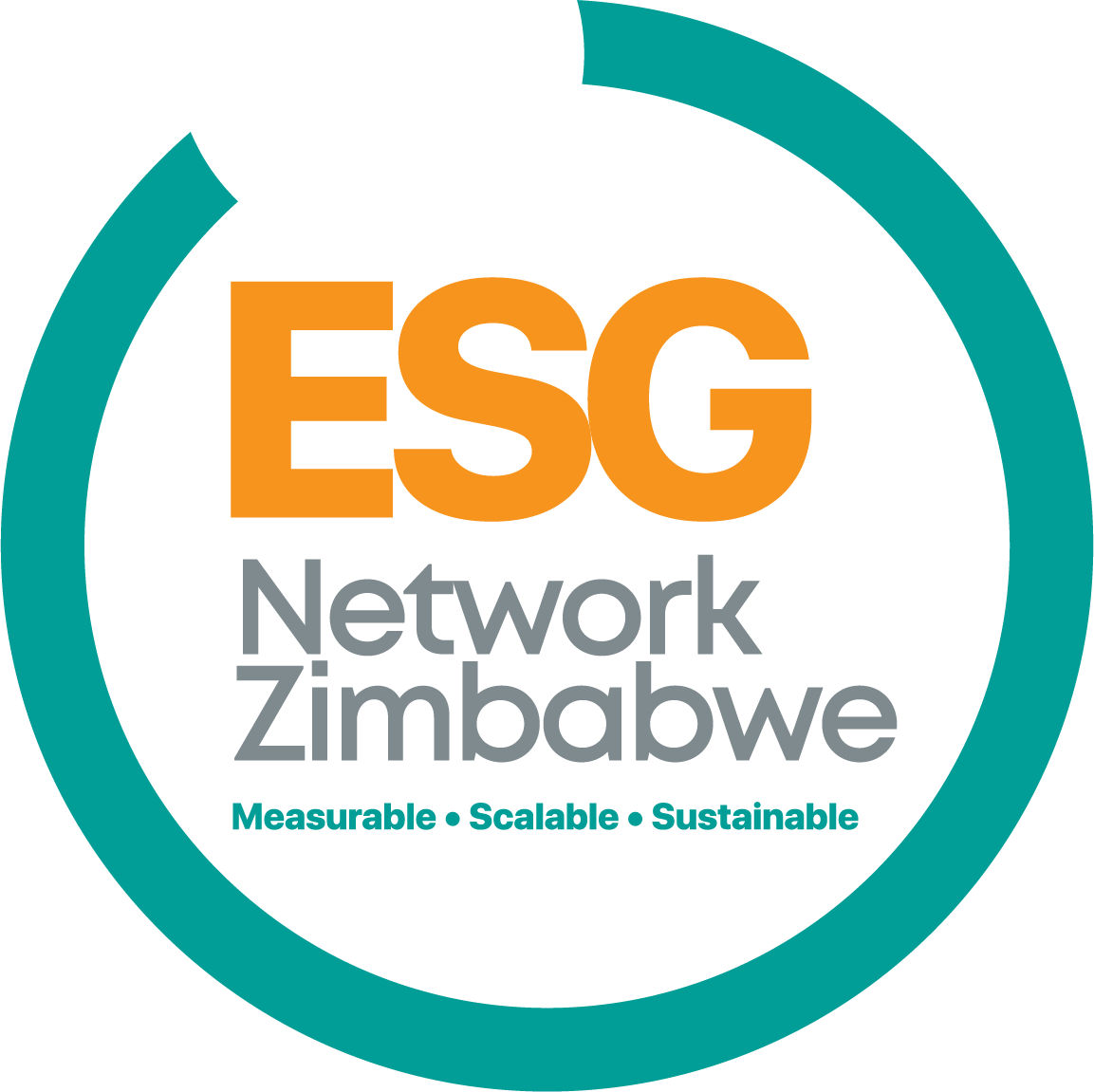ESG has become a key focus area for procurement executives around the world, rising to the number 2 spot of top priorities in a new survey by global professional services firm Deloitte, up from 7th place in the prior 2021 study.
For the report, the 2023 Global Chief Procurement Officer Survey, Deloitte surveyed approximately 350 procurement leaders from more than 40 countries. Deloitte has been conducting the Global CPO survey since 2011.
The increase in ESG prioritization among procurement leaders comes as companies globally face increasing regulatory and stakeholder pressure to manage and report on a variety of sustainability factors, and as the focus of these initiatives increasingly turns to companies’ value chains, covering factors such as Scope 3 emissions and human rights in upstream supply chains.
The EU’s proposed Corporate Sustainability Due Diligence Directive (CSDDD) for example, includes rules requiring large businesses to assess and address adverse human rights and environmental impacts in their value chains, while the ISSB’s new global climate reporting standard, will require reporting on emissions across the corporate value chain.
The report noted the key role of the procurement function in driving the sustainability agenda, pointing out that “ESG is the top area where procurement plays an active influential role in decision-making (85% of firms), with corporate risk management and FP&A next (roughly 70%)
Overall, 72% of respondents cited “enhancing ESG/CSR” as a top enterprise priority, second only to “driving operational efficiency” at 74%, and tied with “digital transformation.”
Key ESG factors targeted by CPOs in the survey included waste reduction and material circularity, at 72%, followed by climate mitigation at 62%.
While ESG rises in the list of priorities for procurement professionals, the study indicated that initiatives to quantify the sustainability factors remains at an early stage. Although 60% of respondents said that they measure suppliers on sustainability at some level, and 63% reported collaborating with suppliers on ESG initiatives, far less than half (40%) said that their procurement organizations don’t define or measure their own set of relevant ESG factors.
How are Zimbabwe companies currently faring in these global procurement trends? Give us your feed back so that we can profile your sustainability performance?
admin@csrnetworkzimbabwe.co.zw





